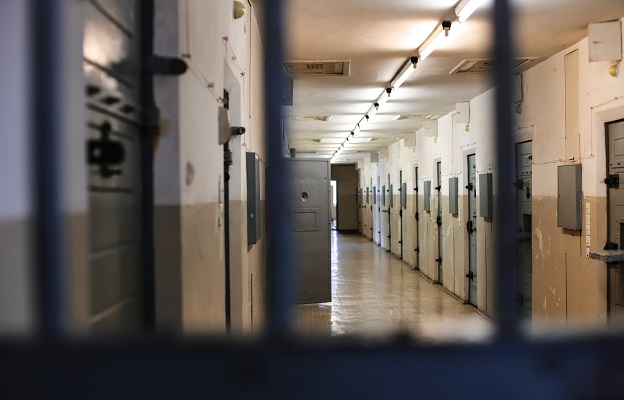 Rimutaka Prison is in the news again with it being reported that nine prison staff still remain on paid special leave a year after investigations were commenced for allegations of misconduct. One staff member is reported to have been cleared of the allegations but still remains on special leave.
Rimutaka Prison is in the news again with it being reported that nine prison staff still remain on paid special leave a year after investigations were commenced for allegations of misconduct. One staff member is reported to have been cleared of the allegations but still remains on special leave.
Chief Custodial Officer Neil Beales has said that eight of the employment investigations were ongoing, but all nine employees remain on leave.
It is understood that in May last year, nine employees of Corrections were placed on special leave after the Police passed on information about ten staff members, including management, whose alleged actions were of concern. One staff member had already resigned by the time the allegations became public.
The allegations made against the staff included claims of smuggling contraband such as phones and food, workplace bullying, failing to follow critical safety and security procedures, not maintaining professional boundaries, and inappropriately accessing prisoner information. It followed a police corruption investigation at the prison, dubbed 'Operation Portia', which began in 2020.
The Crown Solicitor in Wellington is understood to be currently assessing "a number of matters" in relation to the prison. Police would not confirm whether any charges had yet been laid, or whether the police investigation continues.
“Paid special leave” is a euphemism in employment law for a suspension. Suspension involves directing an employee not to attend work. It is almost always on full pay, with only very rare examples of suspension on no pay being justified.
A lawful suspension is usually only justified if the employer has a real need for it. It is likely to require a very serious issue that needs to be investigated; and that the employee’s presence in the workplace will give rise to some other significant issue (influencing witnesses, tampering with evidence, potentially exposing other employees/others to further matters that give rise to the investigation).
Usually the employer is under a duty to proceed expeditiously with an investigation, particularly when an employee is suspended. However, matters may become complicated for the employer if the Police or other government agencies become involved.
An employee does have a right against self-incrimination (a right to silence), but the exercise of that right does carry certain risk as it may breach the employee’s duty of good faith in the employment jurisdiction. The risk to the employee is that they will lose an opportunity to provide an explanation to answer the allegations, and the employer will be entitled to proceed on the evidence from the investigation.
Conversely, the risk to the employer is that if the employee exercises their right to silence the investigation will need to be postponed. If not, the employer will need to make a decision on the evidence that is available (which will not include the employee’s responses that are likely to be central to the employer’s investigation and the Police’s investigation).
The classic example of this involved the now defunct airline Ansett. Two Ansett pilots were involved in an aircrash that killed three people. The crash was investigated by the Transport Accident Investigation Commission to determine the reasons for the crash and by the Police to determine whether criminal charges might be laid against either of the pilots. The Police eventually decided to charge one pilot with manslaughter while the other pilot was not charged.
The Employment Court restrained Ansett from requiring either of the pilots to participate in a disciplinary process or otherwise dismissing or disciplining them until the criminal proceedings had been concluded.
Similarly, in Wackrow v Fonterra, the Employment Court issued an injunction to prevent Fonterra from traversing any matters in an employment investigation that related to charges that the Serious Fraud Office had brought against Mr Wackrow.
It would appear the Rimutaka Prison workplace investigation has been held up by the possibility that criminal charges may be made against some of those the Prison has placed on “special leave”.
There must be a balancing act in these situations. The employee has a right of silence in criminal investigations; and possibly should not be subjected to “double jeopardy” (having to defend the same matter in a number of jurisdictions). The employer should be able to investigate potential wrong-doing in its workplace with a view to protecting the employer, and potentially its employees and others from that harm. The employer usually has much “deeper pockets” than the employee and is more likely to be able to afford having an employee on paid special leave for extended periods. But what of the situations where the employer is not in a good financial position; or where the employee is found guilty but then decides to appeal that judgment. Should the employer be required to keep on paying? Read more...How long should an employee be paid when suspended?

